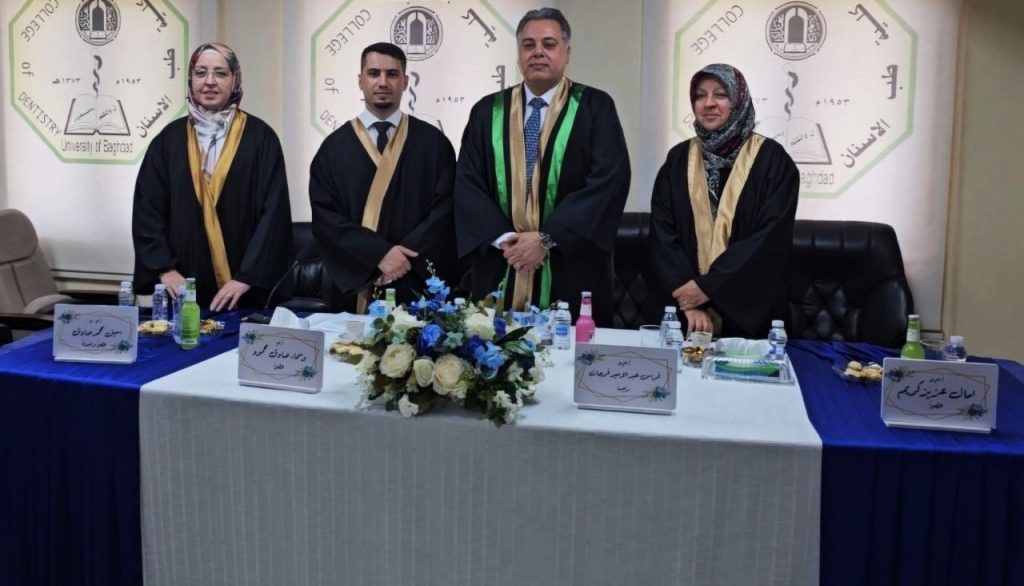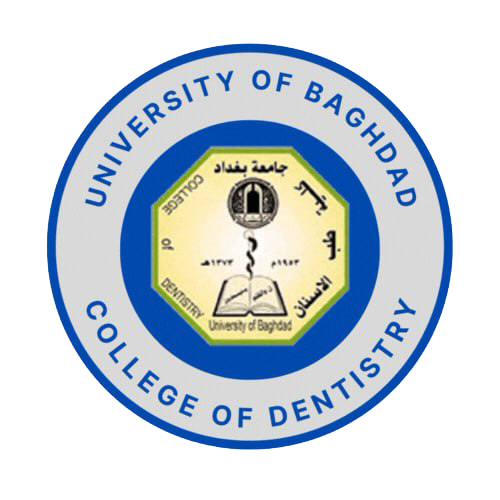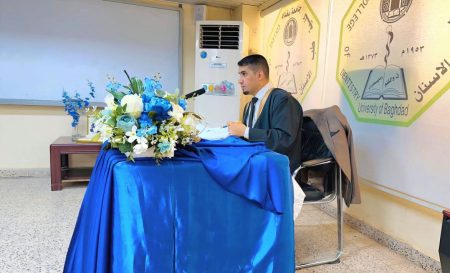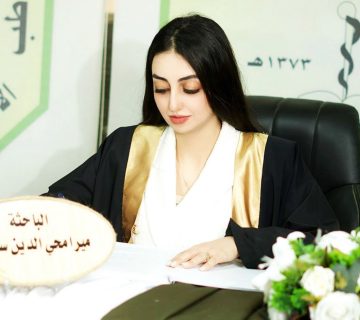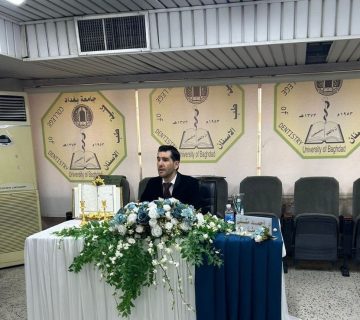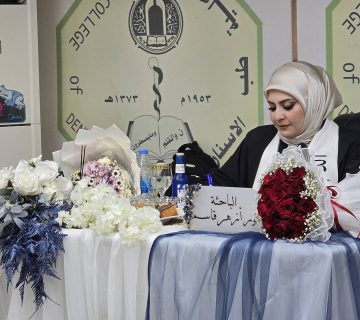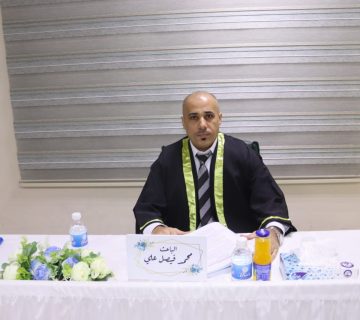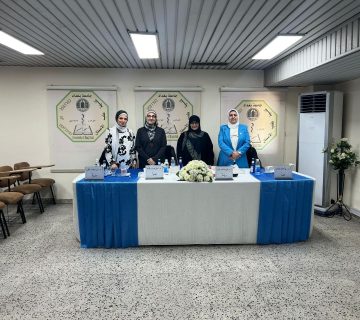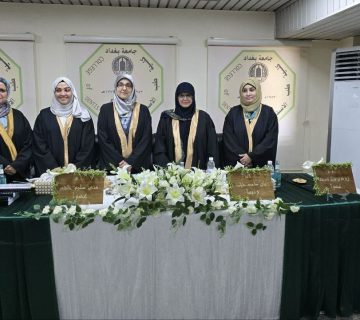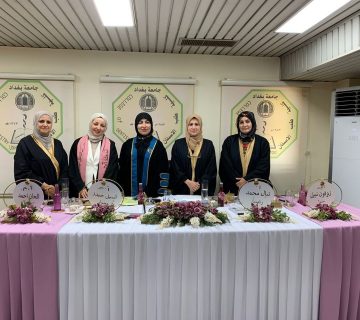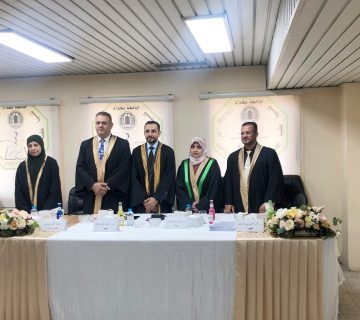The College of Dentistry at the University of Baghdad discussed a master’s thesis titled “Evaluation of the Physicomechanical Properties of Type III Dental Stone Immersed in Tea Tree Oil (A Laboratory Study)” by student Yahya Khalid Yahya. The objective was to assess the effect of tea tree oil on specific physical and mechanical properties of type III dental stone after immersion for 10 minutes, including surface roughness, surface hardness, dimensional stability, and detail reproduction, as well as to evaluate the antibacterial effectiveness of the tea tree oil solution against bacillus bacteria.
The study produced 120 stone samples (30 for each property). Three groups were randomly selected, with 10 samples each: a control group (immersed in distilled water) and two test groups (0.75% and 1% tea tree oil solution). Results were analyzed using SPSS version 26, employing descriptive statistics and ANOVA for significant differences. A p-value greater than 0.05 was considered non-significant, while less than 0.05 was deemed significant.
The main recommendations suggest that based on the comparative results, the 0.75% concentration of tea tree oil performed better than the 1% solution as a disinfectant for type III dental stones. This indicates that tea tree oil could be a suitable option for dentists and dental lab technicians for disinfecting dental molds. The thesis was accepted by the discussion committee.
